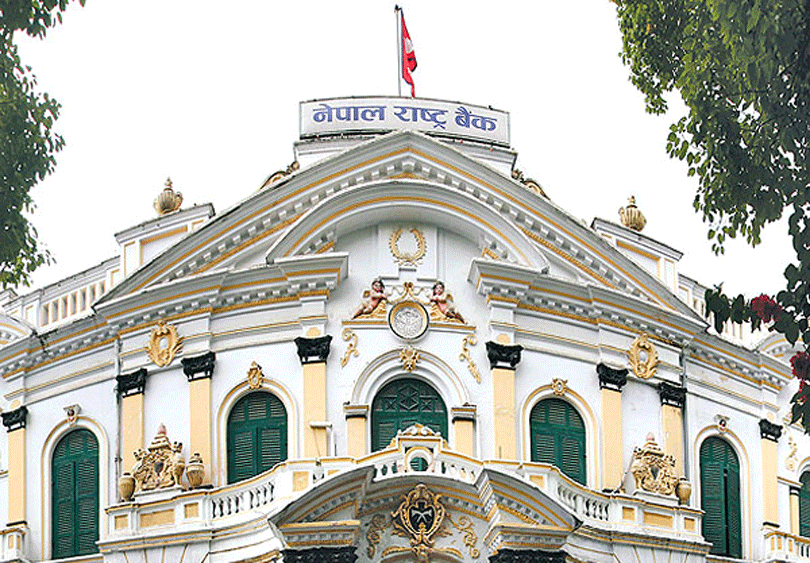Kathmandu: The Nepal Rastra Bank (NRB) has reported a significant decrease in currency exchange pressure this year, as it refrains from printing new notes for the upcoming Dashain and Tihar festivals.
In contrast to last year’s exchange of Rs 14.5 billion in new notes within the Kathmandu Valley and Rs 29 billion nationwide, this year’s figures are drastically lower, with only Rs 4 billion exchanged. This marks a reduction of nearly Rs 25 billion.
Basudev Bhattarai, Director of the Currency Management Department at NRB, estimates that around Rs 2 billion worth of notes have been exchanged through NRB offices, with an equal amount through other banks.
The decision not to print new notes has not only saved on printing costs but also alleviated the need for additional manpower for currency exchange. Last year, NRB spent approximately Rs 1.5 billion on printing new notes.
“With 6.6 million households in the country, even if 50 percent do not have access to new note exchanges, it costs up to Rs 6 billion to print various denominations for the other half,” Bhattarai noted.
This year, NRB is promoting the use of clean and crisp notes already in circulation instead of new ones. This policy aims to reduce the traditional demand for new notes during festivals, which often end up accumulating in bank vaults post-festivity.
Bhattarai explained that the bank opted to utilize existing notes to prevent unnecessary expenditure on printing. “Every year, new notes accumulate in our vaults after festivals, and this cycle has increased. We decided this year to maximize the use of notes already in circulation,” he said.
Highlighting the impact of wear and tear on old notes, he noted that moisture and pressure cause damage, prompting the decision to limit new printings. He emphasized that there are currently three times more notes in circulation compared to last year’s printed amount.
“Whether they are new or old, the value and significance of the notes remain the same. The government should not impose additional financial burdens simply for new notes,” Bhattarai stated, expressing confidence that next year will see an even greater availability of crisp notes in circulation.
With these measures, NRB expects a sustained decrease in the demand for currency exchange and reduced financial burdens associated with printing new notes in the future.
